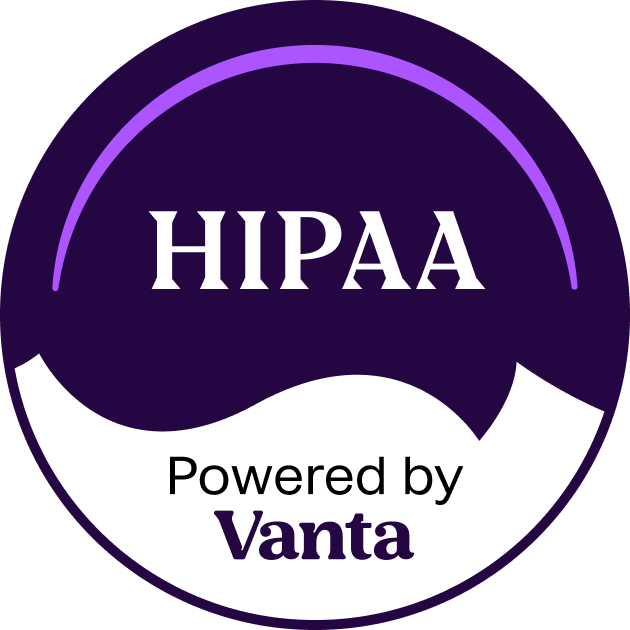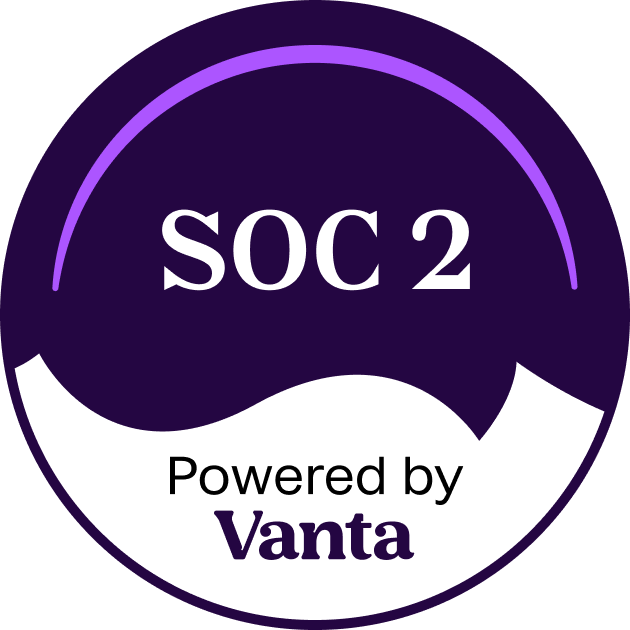Addiction Recovery is hard work, but it's worth it, and so are you.
Why continuing addiction treatment after rehab is so important.
In my first post, where I share my story of recovery, I talk about how much time I had to invest in treatment. As a refresher my treatment consisted of:
- 30 Days at an inpatient rehab, followed by
- 8 Weeks in an intensive outpatient program - 3 hours a day, 4 days a week starting at 6pm, followed by,
- 3 months in a less intensive outpatient program - 1.5 hours a day, 2 days a week, starting at 6pm, concurrently with
- 1 hour a week of psychotherapy, concurrently with
- Daily participation in peer support groups, concurrently with
- Random drug testing
When I look back on this, it is pretty clear that my recovery was pretty much the equivalent of a full time job for the better part of a year. However, I remember feeling an extreme urgency to get back to real life and rectify all the wreckage of my past. I had a startup company that I had taken debt out to start that wasn’t doing well, I had spent all of my money on drugs, and my relationship was in tatters to name a few of the outside issues I was dealing with.
In addition, I had plenty of inside issues I was facing; namely shame, depression, and obviously given the above, anxiety. With all this, it would have been easy to say to myself
“I already put 30 days into my recovery in residential treatment, vacation is over, it is time to get back to life”.
The reality was that I was in no shape to just “get on with my life” and put my addiction behind me. Addiction is a chronic disease, and 30 days of treatment was just not enough to undo years of maladaptive behavior and coping mechanisms especially given the acute stress I was under.
The quote that is most poignant to me when I think of this time is the old adage from when we used to be able to travel:
“In the event of a sudden drop in pressure, an oxygen mask will drop from above. Secure your own mask first before assisting others."
That in a nutshell to me is what continuing treatment after inpatient, and outpatient is about. I was in no shape to “white knuckle it” and repair my life. In fact, attempting to do so would have likely resulted in my relapsing and compounding my problems, or even worse, dying at which point I would have no opportunity to turn my life around.
On the flip side, doing the work, and effectively working two full time jobs paid dividends I couldn’t even fathom at the time. First, I had the opportunity to marry my best friend. We now have a beautiful family. Second, I had a successful exit from that once fledgling startup. Third, others in my family followed my example and found recovery for themselves. Lastly, I now have the freedom and immense privilege to help others achieve their dreams as I have mine.
I know it’s hard work, but it is worth it. You are worth it.
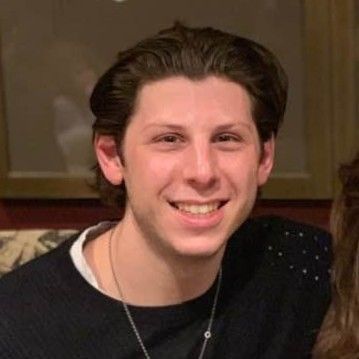
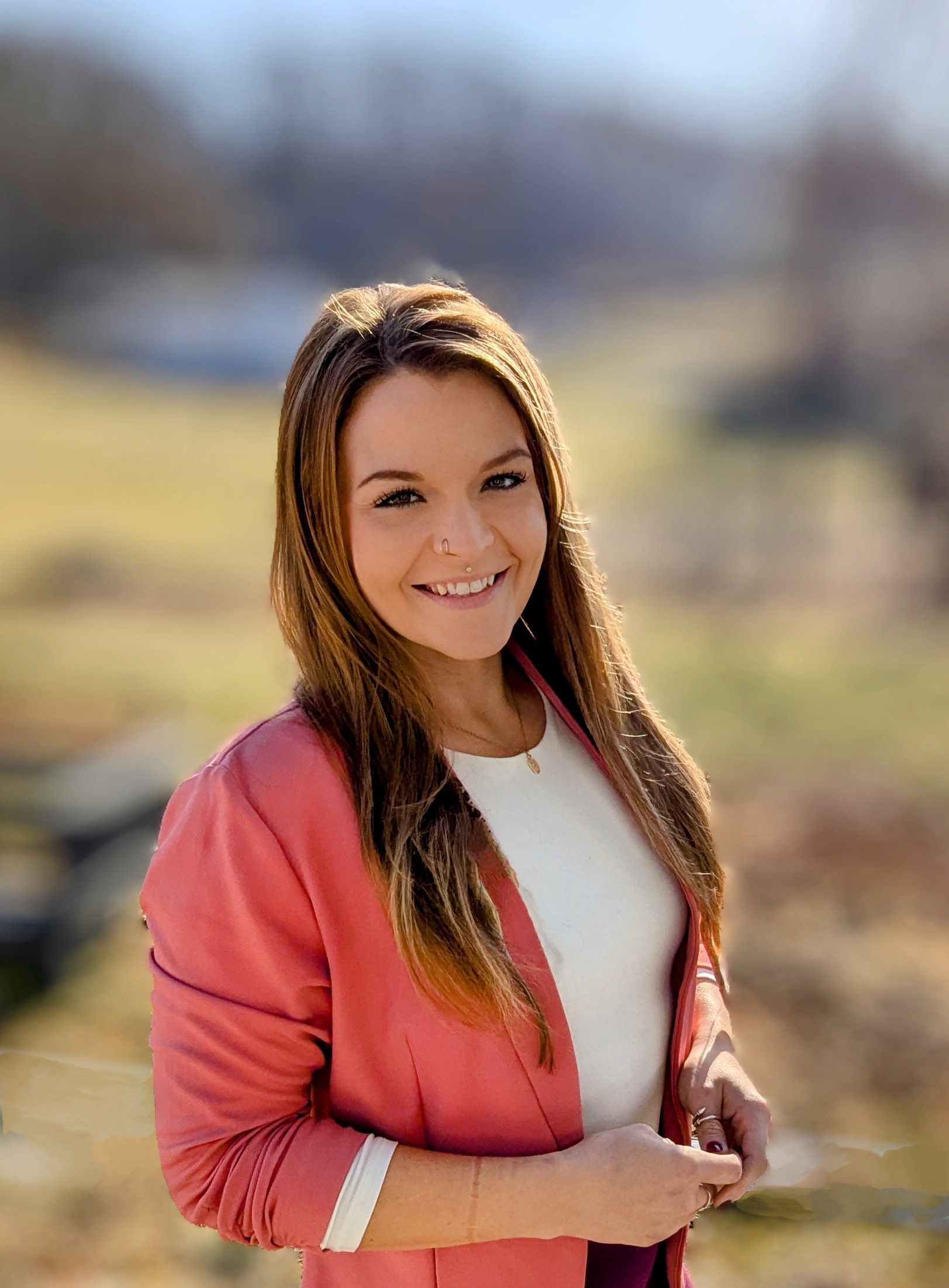
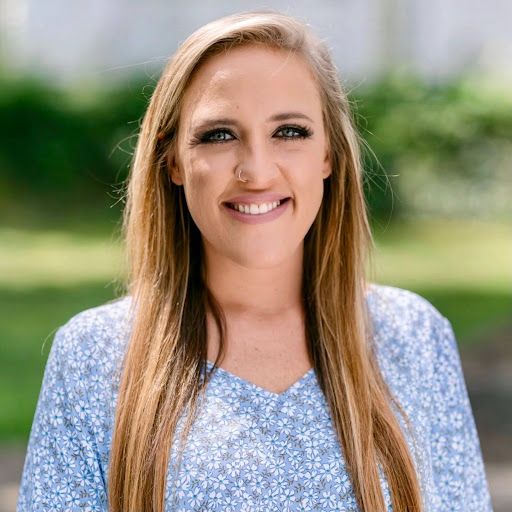
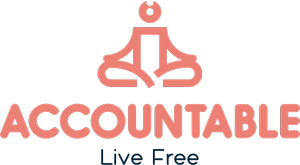
hello@youareaccountable.com
(646) 450-7641
